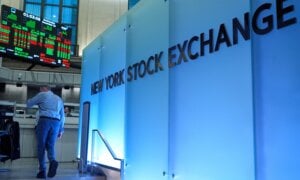Bond options for the socially responsible
Most discussions about socially responsible investing (SRI) seem to revolve around stocks. If you’re an index investor with an interest in SRI, there are a number of ETFs that screen companies according to their environmental, social and governance report cards. But what’s an SRI investor to do when it comes to fixed income?










